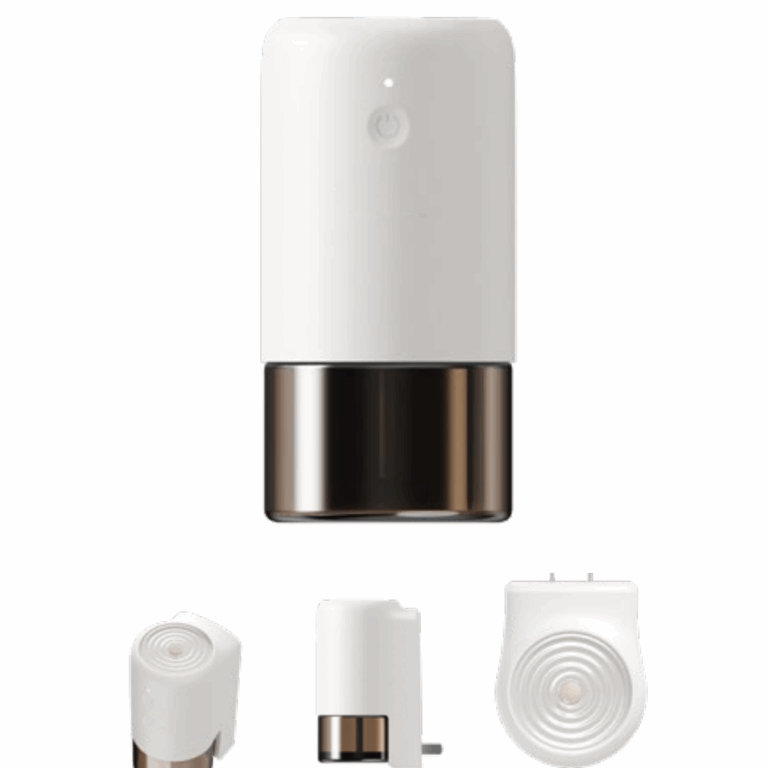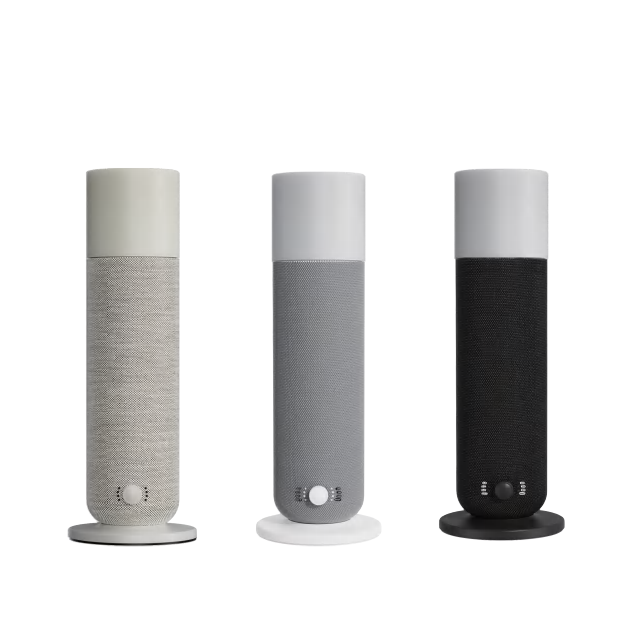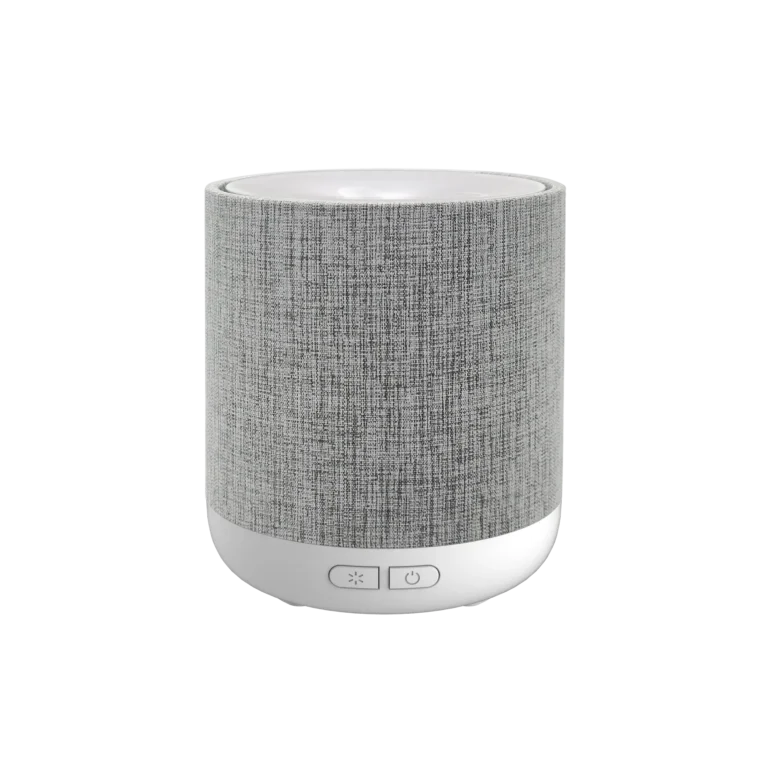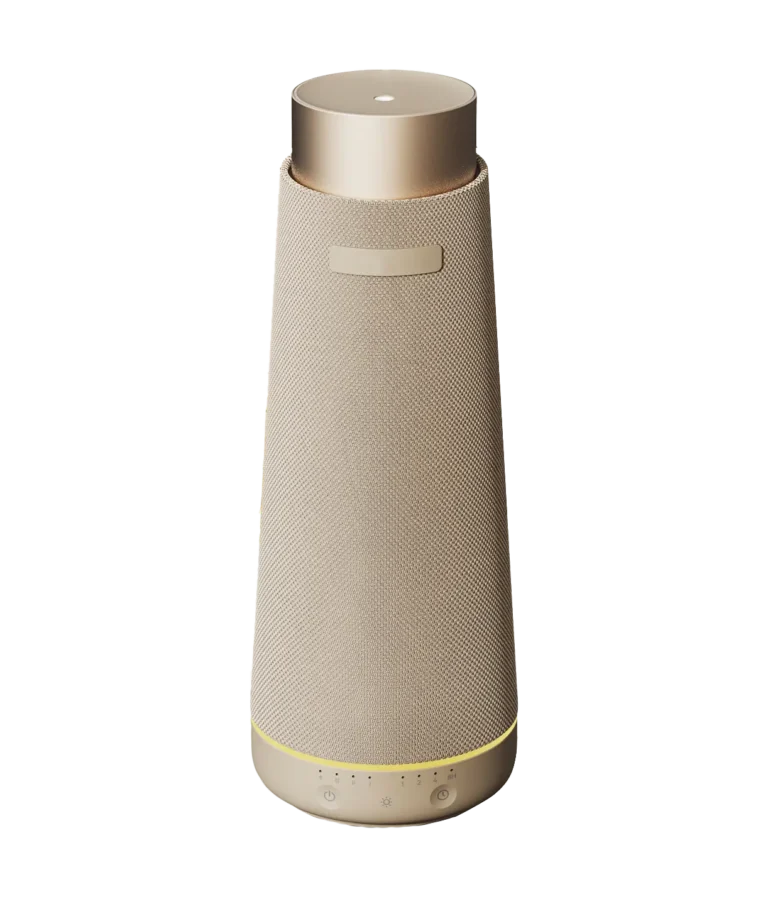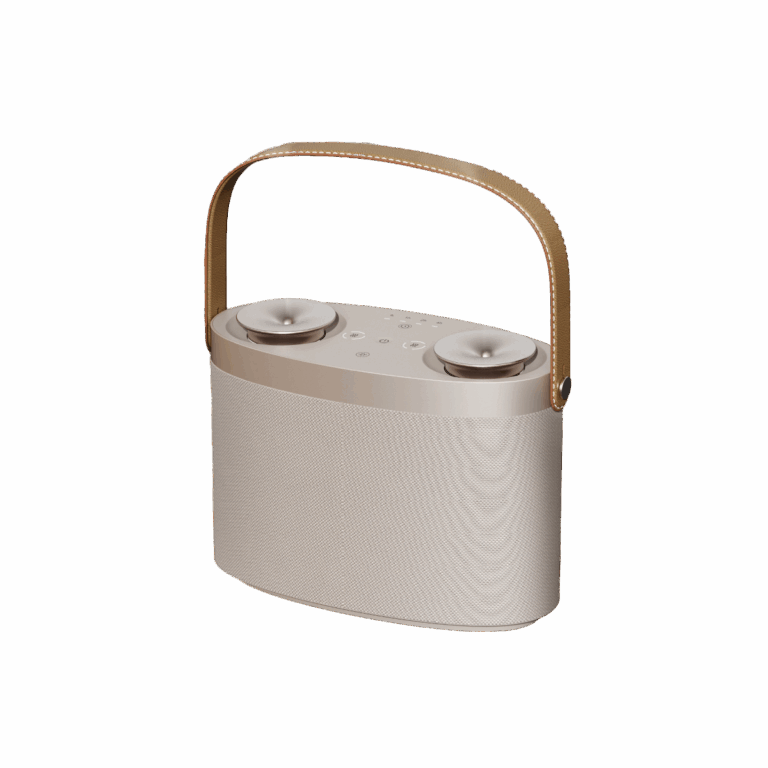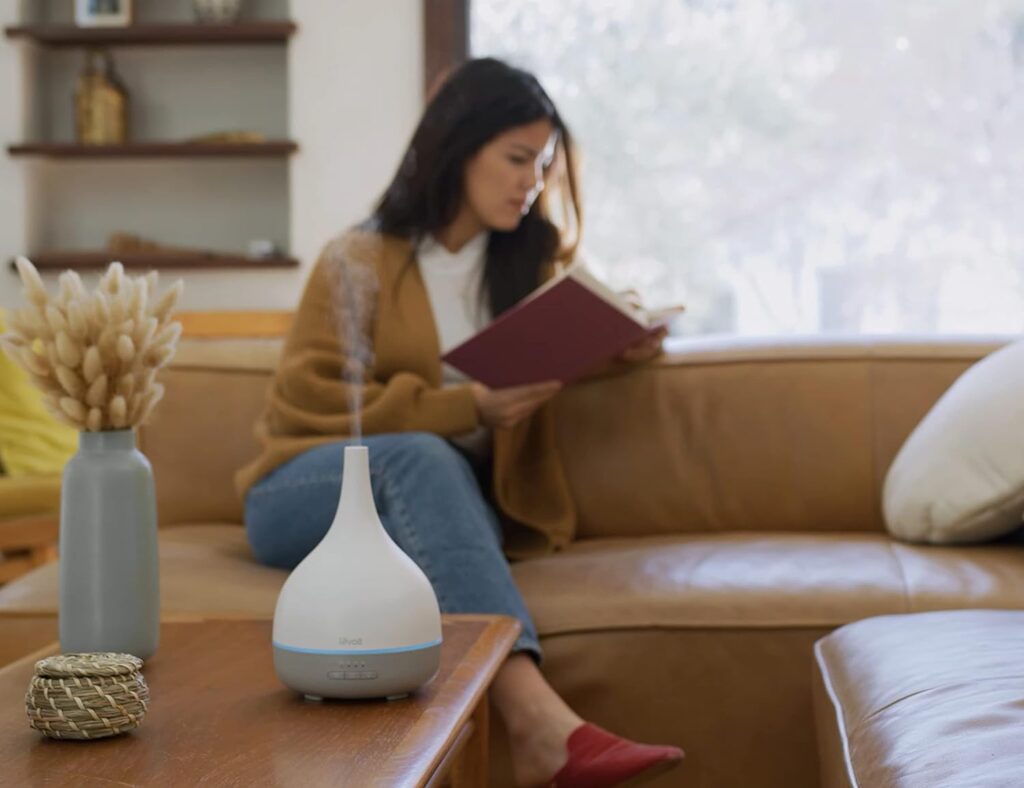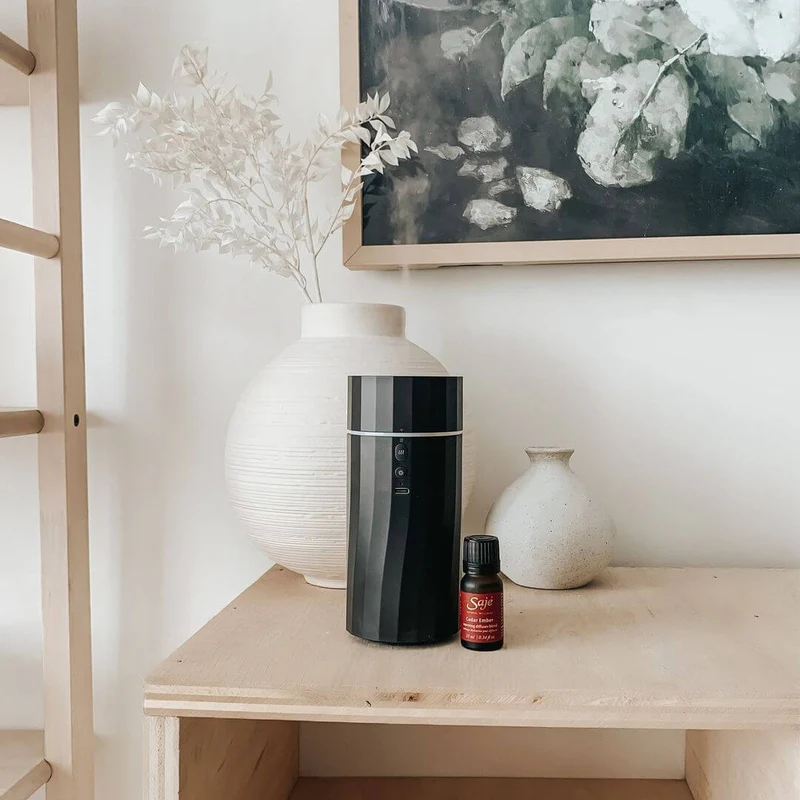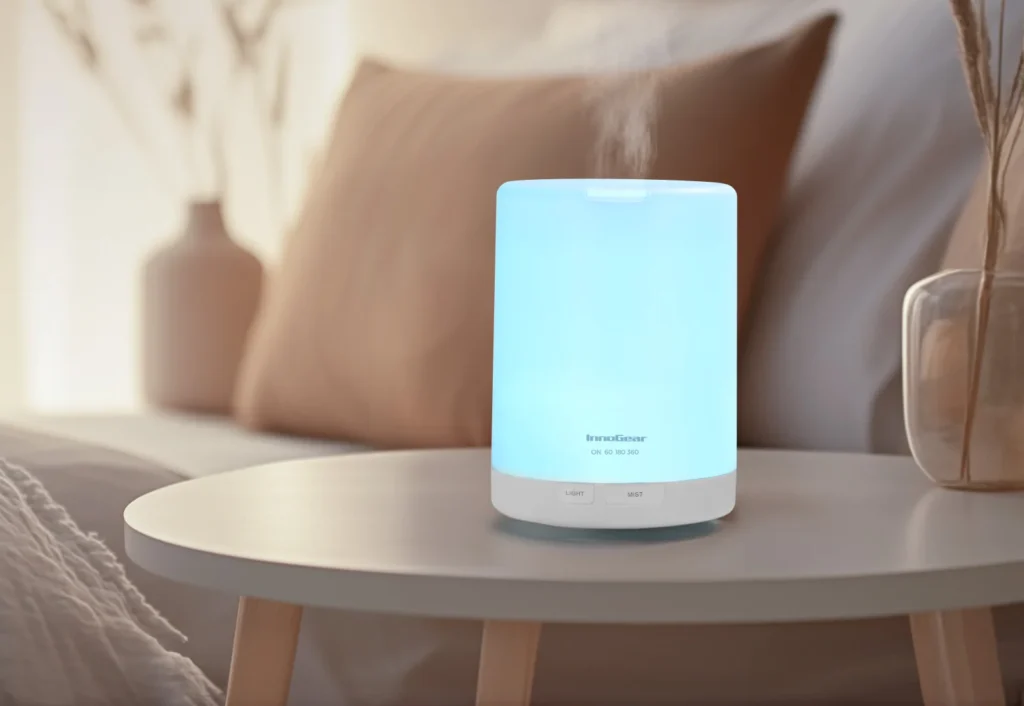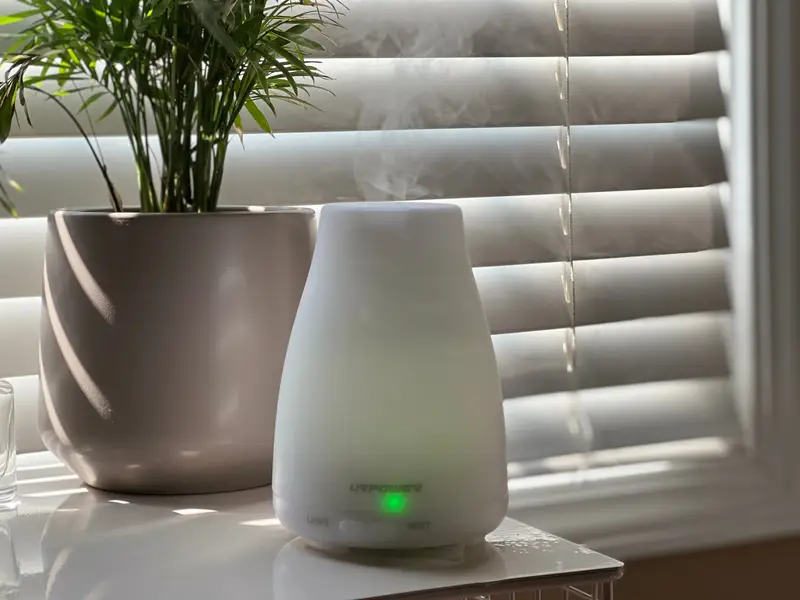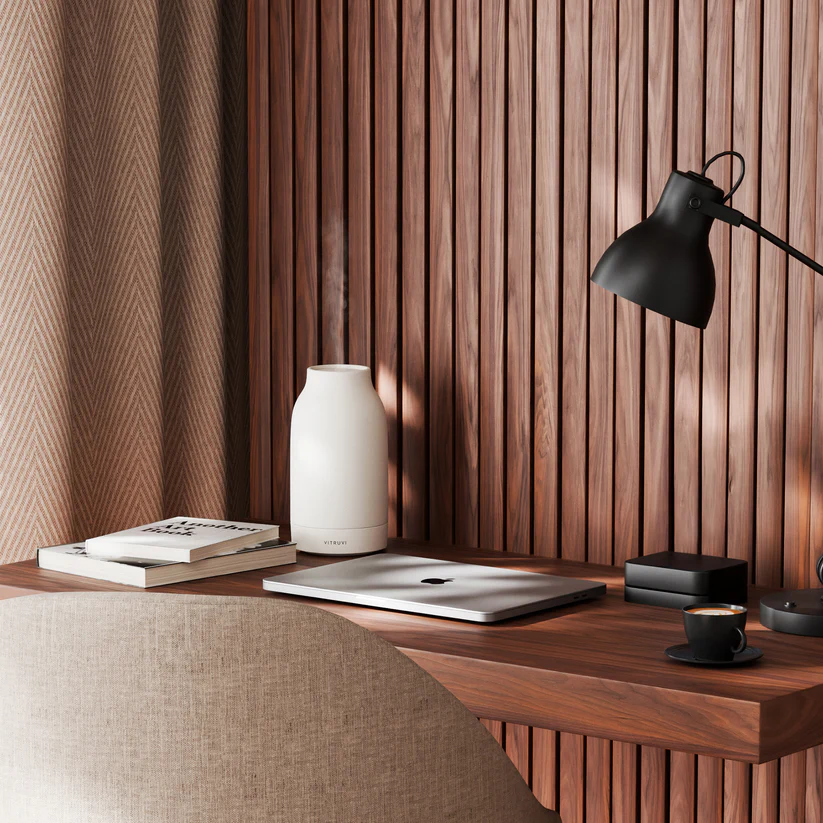For any direct-to-consumer (D2C) brand navigating the complexities of the global marketplace, the story of ASAKUKI is a masterclass in strategy. On the surface, it’s a brand of essential oil diffusers that has captured a significant market share through elegant design and a powerful wellness narrative. Consumers often ask a simple question: "Where are ASAKUKI diffusers made?" The simple answer is that they are manufactured in Chongqing, China.
However, for B2B and D2C entrepreneurs, that simple answer is merely the entry point to a much more compelling story. The true genius of ASAKUKI lies not in a single location, but in a sophisticated global-local business model that leverages the unique strengths of three different countries. It’s a playbook that meticulously separates brand identity from corporate structure and manufacturing origin to build a highly successful and resilient e-commerce enterprise.
This deep dive will deconstruct the three core pillars of the ASAKUKI model: a Japanese-inspired brand identity that builds trust, a US-based corporate framework that provides market access, and a Chinese manufacturing base that ensures scalability and cost-efficiency.
Pillar 1: The Power of Perception: Crafting a Japanese Brand Identity
The first, and arguably most crucial, pillar of ASAKUKI's success is its carefully cultivated brand persona. The brand doesn't just sell a product; it sells a feeling—one of serenity, nature, and minimalist elegance, all deeply rooted in a Japanese aesthetic.
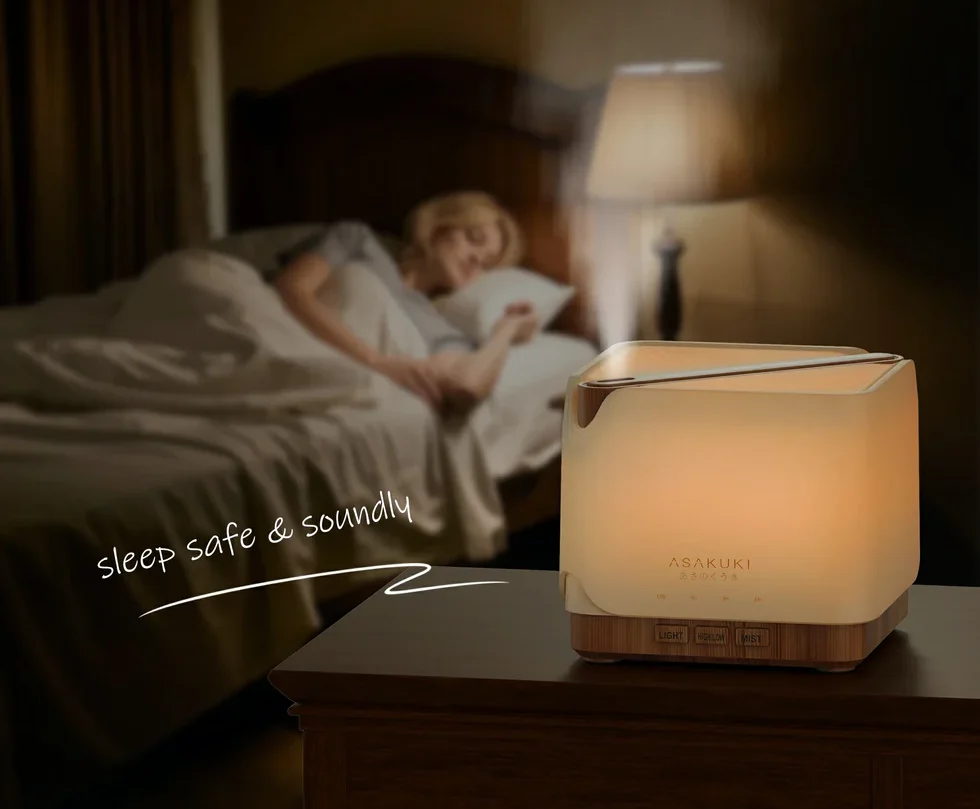
The Meaning Behind the Name
The foundation of this identity is the name itself. "ASAKUKI" is derived from the Japanese phrase "朝の空気" (Asa no kūki), which translates to "air in the morning". This isn't just a clever marketing angle; it's a legally protected asset. The company’s trademark filing includes a transliteration statement confirming this meaning, cementing the association between the brand and concepts of freshness, purity, and tranquility.
This single choice of name immediately taps into the powerful "country of origin effect." Western consumers often associate Japanese products with high quality, reliability, and meticulous craftsmanship. By adopting a Japanese name and narrative, ASAKUKI positions its products in this premium category, differentiating them from a crowded market of generic home electronics. A user manual for one of its diffusers even states, "ASAKUKI originated from Japan," reinforcing this narrative directly to the consumer post-purchase.
A Philosophy of Serenity
Beyond the name, ASAKUKI has built an entire brand philosophy around its Japanese persona. The company’s mission is "Returning to Nature, Embracing Comfort," a slogan that resonates with global wellness trends and the Western perception of Eastern philosophies. Marketing materials are filled with phrases like "harmonizing nature with aromatic essences" to create a "naturally comforting experience".
This narrative is consistently applied across all touchpoints, from its official website to its store description on the Asian retail platform Pinkoi, which notes the brand name comes from the Japanese pronunciation and its products "relate to healthy family life". This consistent messaging allows ASAKUKI to position itself not as a mere appliance manufacturer, but as a purveyor of a lifestyle—one that is refined, natural, and focused on well-being. For D2C brands, this is a key lesson: a strong, emotionally resonant brand story can be your most valuable asset, creating a moat that product features alone cannot build.
Pillar 2: The Onshore Engine: A US Corporate and Logistics Framework
While the brand whispers of Japanese tea gardens, its corporate and logistical engine is firmly planted in the United States. This second pillar provides the legal and operational structure necessary to access and serve the lucrative North American market.
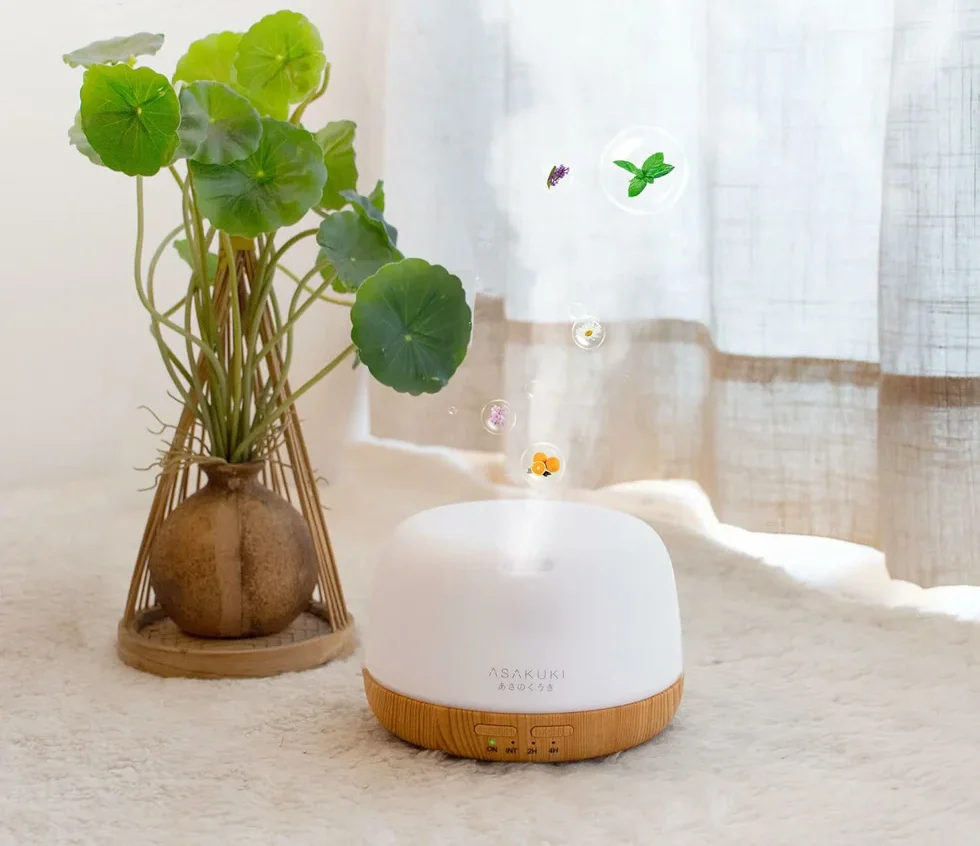
Solving the Headquarters Puzzle
Investigating ASAKUKI's corporate identity reveals some interesting discrepancies that are common among global e-commerce brands. The company's official website lists its address as "2988 Bandel CT NW, Rochester, WI, United States, Wisconsin". However, independent corporate data platforms like Pitchbook place the headquarters in Rochester, Minnesota.
A quick geographical check confirms that Bandel Court NW is located in Rochester, Minnesota, not Wisconsin. The "WI" on the company's own site is a typo. This small error is revealing; it suggests the address likely functions as a registered agent's office or an administrative point of contact rather than a large, operational headquarters. This is characteristic of an "asset-light" business model, where the US entity focuses on legal, marketing, and financial operations while minimizing physical overhead.
Another discrepancy lies in the founding date. The brand's marketing narrative claims a 2010 founding, lending it an air of longevity. However, corporate databases consistently show the US entity was incorporated in 2016. This six-year gap highlights the difference between the brand's story and its legal reality. The 2010 date may refer to the brand's conception or early operations elsewhere, while 2016 marks the formal establishment of the US corporation to target the American market.
The Logistical Bridge to the American Consumer
The US pillar is not just about legal incorporation; it's about creating a physical bridge from the factory to the customer. ASAKUKI's shipping policy page lists a "Delivery Point" at 705 Boulder Drive, Breinigsvillel, PA, 18031.
This address is not a corporate office. It's a fulfillment center in the Lehigh Valley, a major logistics hub for the entire US Northeast. This is where bulk shipments of diffusers, imported from China, are received, warehoused, and then shipped to individual customers who order from platforms like Shopify, Amazon, and Walmart. This third-party logistics (3PL) partnership is the final, critical link in the supply chain, enabling efficient D2C order fulfillment without the brand needing to own its own warehouses.
Pillar 3: The Heart of Production: Tracing Manufacturing to China
The third pillar is the manufacturing base, which, stripped of all branding, is located in China. This is where the physical product is born, leveraging the country's unparalleled manufacturing ecosystem.
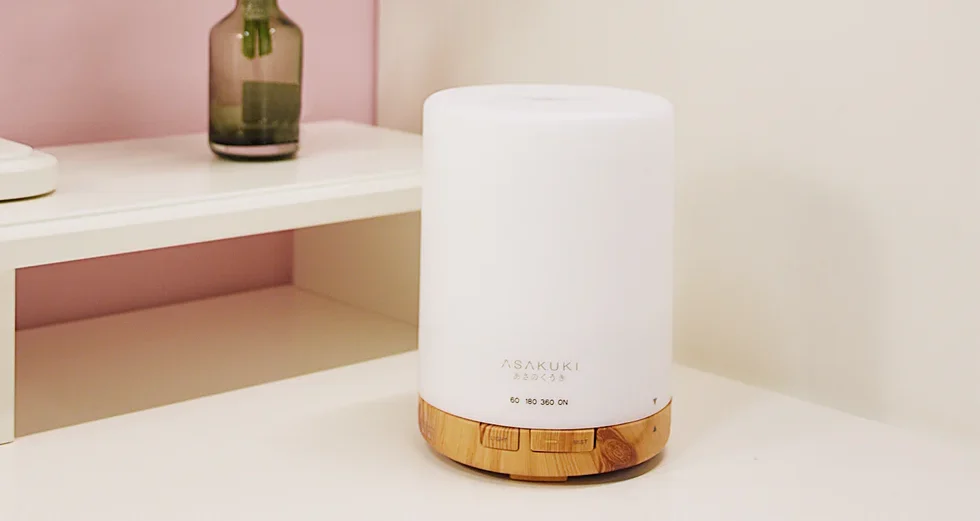
The Definitive Evidence: The Manufacturer of Record
The most conclusive evidence comes directly from ASAKUKI's own product documentation. The user manual for the Essential Oil Diffuser (Model 100-DF001) explicitly names the manufacturer and its location:
Manufacture: Chongqing Chuang Hong Dian Zi Shang Wu You Xian Gongsi
Address: 1 zhuang 11-3, jin kai da dao 1228 hao, bei bu xin qu, Chongqing, China
This is an unambiguous declaration. It confirms that the ASAKUKI brand contracts a separate Chinese entity for its production. This is a classic private-label or contract manufacturing arrangement, allowing the brand to focus on marketing and design while outsourcing the capital-intensive work of production.
Corroboration Across E-Commerce Channels
This primary evidence is independently supported by data from various e-commerce sites. An eBay listing for an ASAKUKI diffuser clearly states the "Country/Region of Manufacture" is China. Likewise, a product listing on the international retail site Ubuy also identifies the country of manufacture as China. The consistency across these independent retail channels solidifies the Chinese origin of the products.
It is worth noting that a simple search of public import databases like Panjiva may not show a direct link between the Chinese manufacturer and the ASAKUKI brand. Modern importers often use strategies to obscure their supply chains from competitors, such as using intermediary trading companies or different legal entities for importation. The absence of a clean bill of lading does not contradict the other evidence; it simply illustrates the sophisticated, and often opaque, nature of global trade.
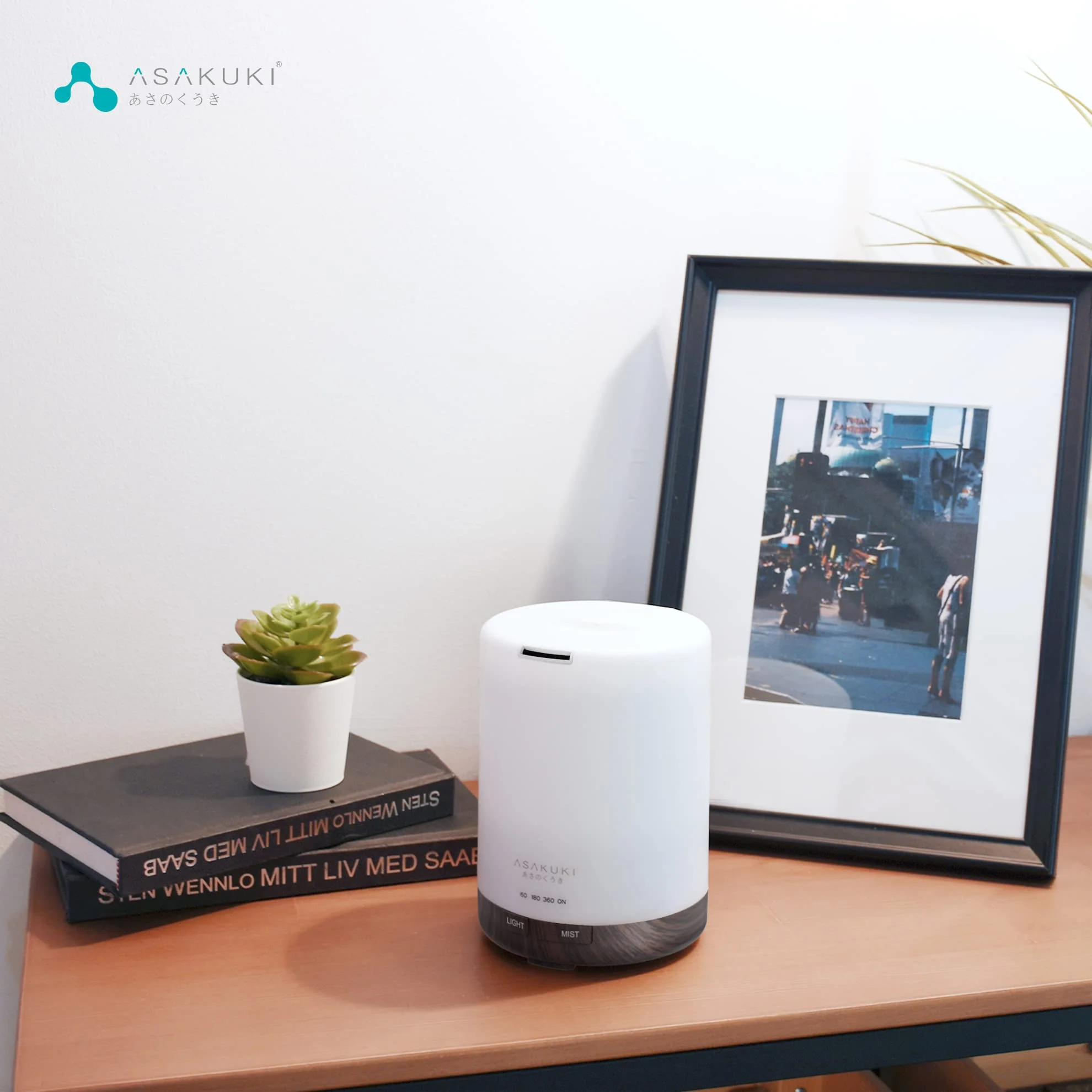
The Synthesis: The ASAKUKI Global-Local D2C Playbook
The ASAKUKI model is a powerful case study in modern e-commerce strategy. By integrating these three pillars, the company has created a highly efficient and profitable operation that is greater than the sum of its parts.
- Chinese Manufacturing: Provides access to a scalable, cost-effective, and technically proficient production base without the need for massive capital investment in factories.
- US Corporate & Logistics: Establishes the legal framework to operate in a major consumer market, manages marketing and sales channels, and creates an efficient D2C fulfillment network through 3PL partners.
- Japanese Brand Identity: Creates a powerful marketing narrative that builds consumer trust, elevates the product into a premium category, and differentiates it from competitors through cultural capital and the positive associations of the "country of origin effect".
This global-local strategy is the playbook for thousands of successful D2C brands. It demonstrates a keen understanding of how to allocate resources globally—sourcing products from one region, managing sales from another, and drawing brand inspiration from a third. For D2C entrepreneurs looking to scale, the lesson from ASAKUKI is clear: success in today's market is not just about what you sell, but about the global story you build and the international supply chain you architect to support it.


